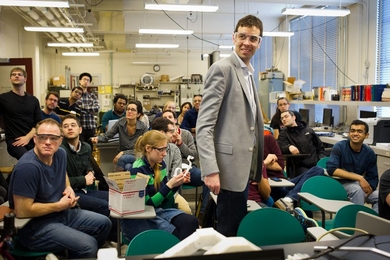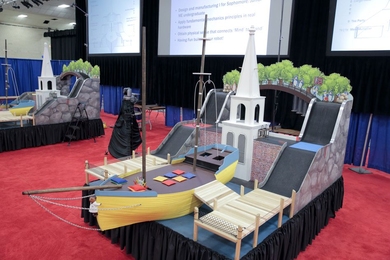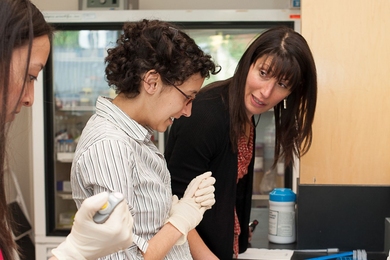A glimpse into the workings of the baby brain
MRI scans reveal surprising similarities in activity patterns of infant and adult visual cortex.
Distinctive brain pattern may underlie dyslexia
Study suggests reduced plasticity could account for reading difficulties.
Kay Tye Receives the Society for Neuroscience Young Investigator Award
Picower Neuroscientist recognized for her work on emotional circuitry of the brain.
Creating therapies for Alzheimer's disease by targeting neural circuits
Study finds a complex series of molecular, cellular, circuit and network-level changes contribute to the progression of Alzheimer's.
Automated screening for childhood communication disorders
Computer system could help identify subtle speech, language disorders in time for early intervention.
Study finds brain connections key to reading
Pathways that exist before kids learn to read may determine development of brain’s word recognition area.
Researchers identify genome-modifying enzyme linked to Rett Syndrome
Deletion of the HDAC3 gene in the brains of mice causes cognitive and social impairments consistent with Rett Syndrome.
An economist delves into charter schools
PhD student Elizabeth Setren brings data to bear on questions about local education policy.
Professor Emerita Suzanne Corkin dies at 79
Over half a century at MIT, Corkin made lasting contributions to the biology of memory and cognitive disorders.
Why children confuse simple words
Study: Kids have “and/or” problem despite sophisticated reasoning.
3-D Printing 101
As MIT course challenges students to reinvent 3-D printing, professor aims to share approach with others.
2.007 robots battle it out, revolutionary-style
Motors smoking, robot reenacted Paul Revere’s ride to win competition.
Grant funds innovation in teacher education
New program provides funding for three projects working to improve STEM education.
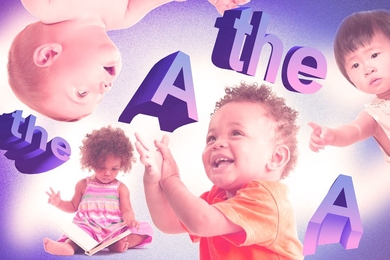
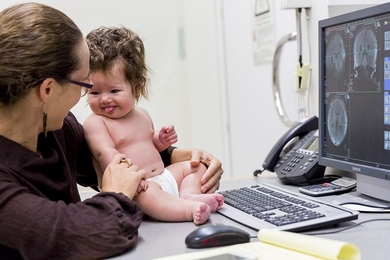
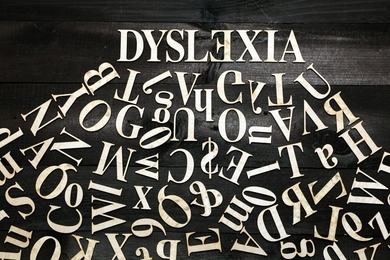
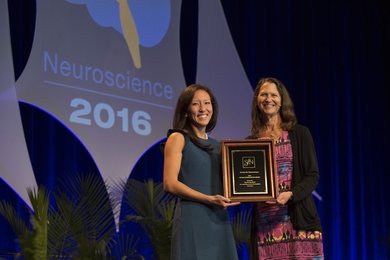
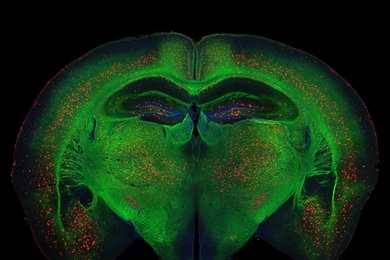


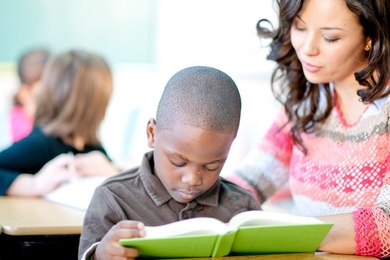
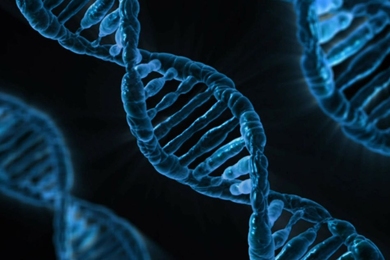


![“Children seem to interpret disjunction like conjunction,” observes MIT Linguistics Professor Danny Fox. However, Fox adds, although “it has been claimed children are very different from adults in the interpretation of logical words,” the study’s larger implication is almost the opposite — namely that “the child is [otherwise] identical to the adult, but there is a very small paramet...](/sites/default/files/styles/term_page__news_article/public/images/201605/MIT-Language-Acquisition.jpg?itok=tYsyxezn)
